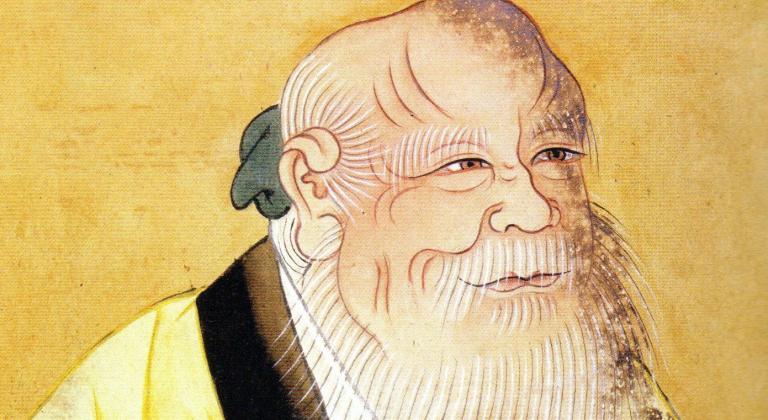The Philosophy of Non-contention
3 min readOn the basis of “naturalness”and”non-action,”Laozi proposed the view of “overcoming the strong by being weak.”The era Laozi lived in was replete with endless wars.Therefore,war was an important theme forphilosophers,and anti-war thinking was the norm.Even the great strategist Sunzi advocated”winning a war without fighting it,”not to mention the great thinker Confucius,who strongly championed a government based on love.Their contemporary Mozi(c.468-376 BC),founder of Mohism,also condemned wars while calling for“love for all.”

According to Laozi,war springs from humanity’s bloated desires.Conflict arises out of people’s struggles to satisfy their desires,and conflict escalates into war.
Therefore,Laozi’s philosophy is based on“non-contention.”To him,human striving and competitive strife is the root cause of decline;desiring nothing is the natural way of life.
Laozi said,“The greatest virtue is like water.”He compared his philosophy of “non-contention”to water,to distinguish it from the law of the jungle.He said,“Water nourishes everything but contends for nothing.”To Laozi,humans tend to seek higher positions while water always flows to lower places.Driven bydesire,humans like whatever they think is superior while despising whatever they think is inferior.Yet water always flows downward.As the source of life,water nourishes all living things on Earth.No life can exist without water.Water contributes to the world without regard for gain or loss. Remaining low, level and tranquil, water embraces and reflects everything under heaven. The way of water is completely different from the way of people with avid desires.

But the philosophy of Laozi is by no means weak. On the contrary, it is full of strength. According to Laozi, water accumulates great strength in its weakness and quietude. Its strength can break down all barriers in the world. He said,”Nothing in the world is weaker than water. Yet nothing is stronger than waterwhen it comes to breaking something strong.”Water is a typical example of the weak winning over the strong. Water is invincible because it desires nothing and contends for nothing.
Laozi said,”Aware of the strong, one should remain weak.”This does not mean that Laozi promoted failure. To become strong, however, one must not oppressthe weak. Instead, one should start with one’s own weak points, accumulating strength by keeping low, just as water does. Giving up the desire to flaunt one’s superiority is the basic way to prosperity.
Remaining weak is not only the way to prosperity, but also the way to preserving life. Laozi regarded fragility as the symbol of life. He explained this with a comparison between life and death: when a person is alive, hisbody is fragile; when he dies, his body becomes hard and rigid. The same is true with plants: living plants have supple leaves and lovely flowers, whiledead plants become dry and hard. Laozi uses these examples to show that the way of the weak is the way to preserving life. The way of the weak is the best way to avoid conflict.









